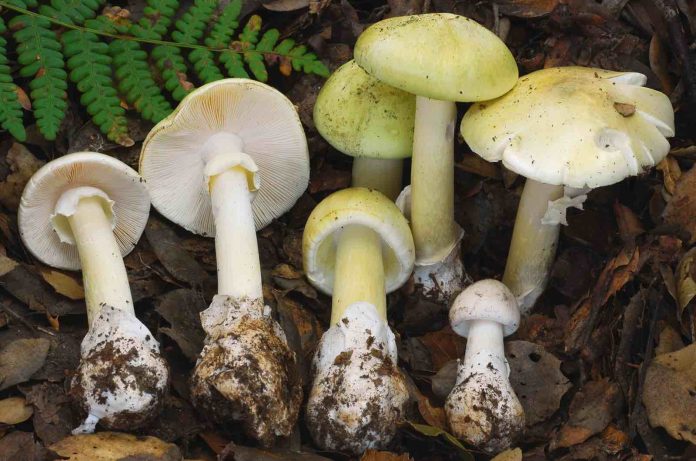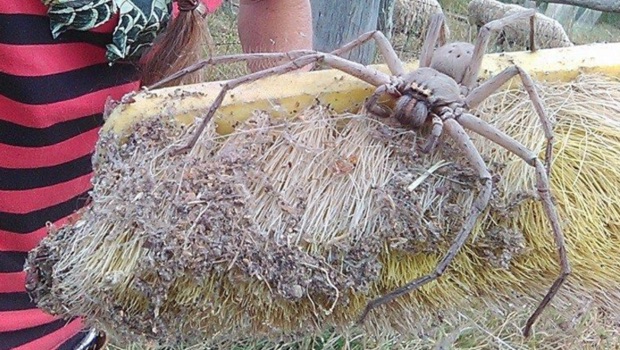The world’s most poisonous mushroom is spreading in British Columbia, according to a recent article in the B.C. Medical Journal.
The publication is alerting doctors, nurses and pharmacists to the dangers of people consuming Amanita phalloides, commonly known as the death cap mushroom, as well as to their roles in preventing related deaths.
“Healthcare providers need to be aware of the risk, as prompt recognition and appropriate management are critical for positive patient outcomes,” said authors of the article, Maxwell Moor-Smith, Raymond Li and Omar Ahmad.
The death cap is not native to Canada and was brought to B.C. on the roots of imported European trees.
Since the first death cap specimen was found and collected in B.C. in 1997, there have been numerous sightings of the mushrooms in the Fraser Valley, southern Vancouver Island and the Gulf Islands.
The Vancouver Mycological Society reports it has been found growing with street trees or in parks and institutional landscaping, “and therefore mushrooms growing in one’s own yard may potentially be deadly.”
The article reports the death cap is responsible for 90 per cent of the world’s mushroom-related deaths. It grows in B.C. from June to November and can take on a different appearance during its stages of growth.
Recent cases of poisoning in B.C. illustrate how it can be mistaken from other edible mushrooms.
In 2003, a Victoria man consumed a death cap he thought was a puffball mushroom and was taken to hospital. In 2008, a woman in Vancouver ate what she thought was a paddy straw mushroom but was in fact a death cap, and was hospitalized as well.
More recently, a three-year-old boy in Victoria died after consuming a death cap found on a residential street in 2016.
It can take up to six hours after consuming a death cap to show symptoms of intoxication.













